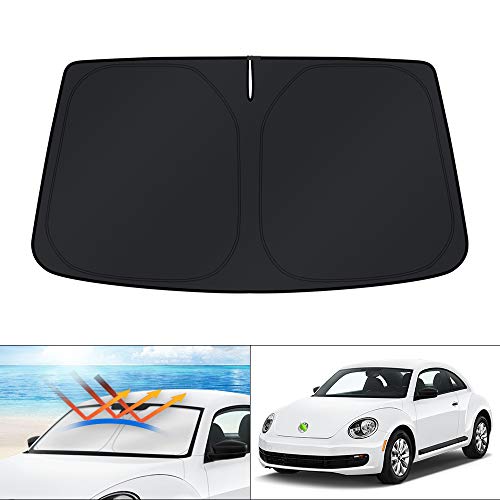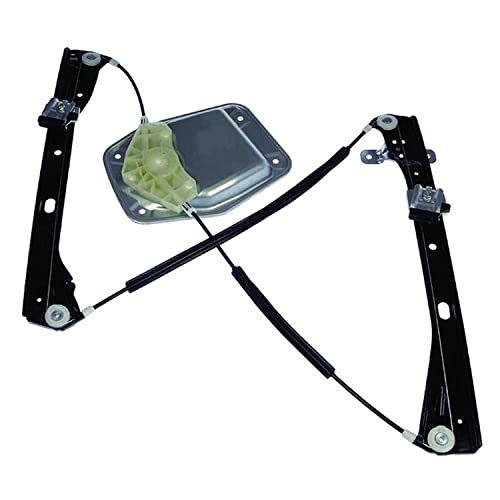onlybayinthevillage
Well-known member
- Joined
- Dec 21, 2009
- Messages
- 218
- Reaction score
- 2
- Location
- Liskeard, Cornwall
- Year of Your Van(s)
- 1972
- Van Type
- 1972 XO
I know this is probably an old topic but i would appreciate some advice.
I am going down to Esher next weekend and this will be my van's longest trip yet - probably 3-4hrs.
In the absence of an oil temp guage what is the best advice to ensure the engine does not overheat. Someone told me to drive no more than 2 hrs then 1 hr rest before setting off again. Others have said that after a period of steady driving (50-60) slow down to 40 and let the engine cool itself down.
Which is right?
Any advice?
I am going down to Esher next weekend and this will be my van's longest trip yet - probably 3-4hrs.
In the absence of an oil temp guage what is the best advice to ensure the engine does not overheat. Someone told me to drive no more than 2 hrs then 1 hr rest before setting off again. Others have said that after a period of steady driving (50-60) slow down to 40 and let the engine cool itself down.
Which is right?
Any advice?






























